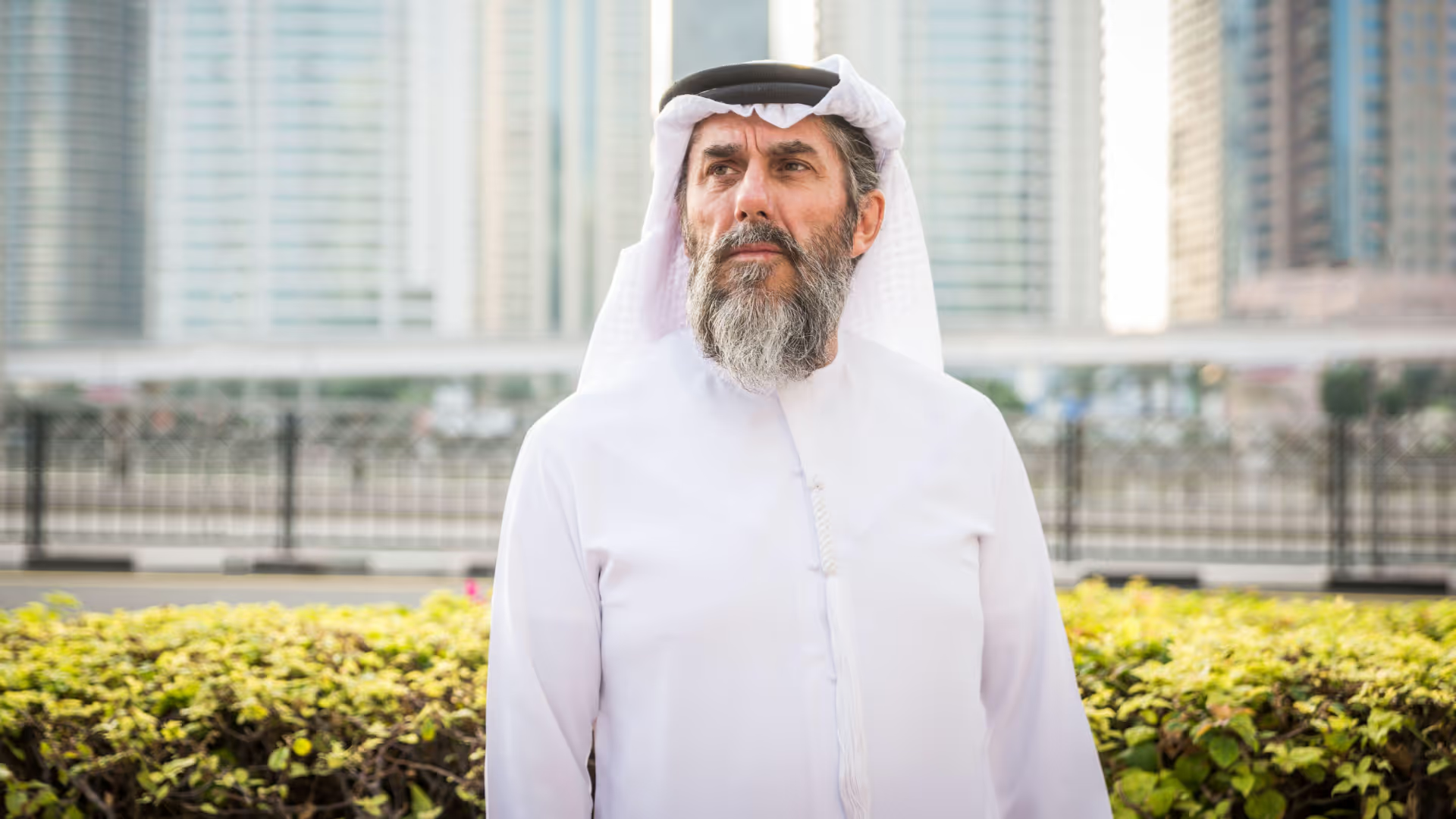
Immigration Deportations of Family Members
There are strict immigration policies and laws in the UAE to guard the security, stability, and a legal framework that accommodates diverse populations living in the country. According to UAE law, anyone found to be in contravention of immigration laws may be deported. These deportation cases, depending on the circumstances surrounding the case, may extend beyond the individual who has committed the infraction to include dependent family members. The cases in which the deportation of a particular person may be extended to include his/her family are dictated by UAE Cabinet Resolution No. 65 of 2022, Articles 65 and 72.
Family Deportation: The Legal Standing
UAE Cabinet Resolution No. 65 of 2022 provides a legislative framework in regard to the way in which cases of concurrent deportation of family members together with the principal offender are dealt with. Depending on Articles 65 and 72, family members who legally depend on the person being deported might face deportation as well. This approach is in harmony with the general policy of ensuring orderly immigration and that individuals who depend on the presence and support of a principal sponsor-a spouse, parent, or other lawful guardian-be accorded an exit arrangement that does not disrupt the integrity of their lawful status in the UAE.
Article 65 further empowers the relevant authorities to deport the family members dependent on the persons so to be deported. A dependent is generally defined as any person who has been in a dependent relationship, in a financial or in a legal or logistical manner for his or her UAE residency with such other person. In general, a dependent may be a spouse, children, or any other immediate member of the family, usually those who have been sponsored for resident permits under his or her visa sponsorship. This definition of "dependence" in this context reflects the UAE government's policy of ensuring that those who are dependent on the deportee leave the country in accordance with the immigration violation.
Circumstances That Can Lead To Family Deportation
Family deportation does not come automatically but is rather subject to certain conditions analyzed by the UAE immigration authorities. The main considerations for such an action generally pertain to:
- Financial and Legal Dependence: In cases where the person's residence is dependent on the main sponsor's residence permit, he or she cannot legally stay in the UAE anymore once the sponsor is deported.
- Particular Circumstances: Sometimes certain factors may exist, such as young children or an elderly family member who could not live independently, which would be seen as reasons to rule in favor of family deportation. Such a factor gives merit to family unification when there are no other feasible alternatives.
- Case-to-Case Analysis: While Articles 65 and 72 are quite sound from a legal viewpoint, each case is subject to individual consideration. Each application is then considered by immigration authorities on various merits, including the length of residence for the family members, their contribution toward the UAE society, and any extenuating circumstances that may call for a more favorable discretion.
- Alternative Arrangements: In some cases, family members can remain in the UAE, provided they are able to find independent sponsorship through employment or any other feasible avenue in accordance with the law. This is because such an arrangement provides an avenue for family members who may wish to stay in the UAE to seek ways and means of securing a different visa without relying on the sponsorship of the one facing deportation.
Humanitarian and Practical Implications
The deportation policy regarding the family represents a balance between the retention of the rule of law and humanitarian considerations. In this case, UAE authorities may consider how the children are young or where an immediate family lacks the ability or competency to relocate on their own. Despite the UAE law allowing discretion, family deportation is usually designed to retain structures of lawful residency, not punitive measures against dependents. This would also ease logistical and social burdens, since this structure ensures that some family members cannot stay in the UAE on their own and are returned to their country of origin or to a country where they have stable support.
Enforcement and Legal Recourse
Deportations under Articles 65 and 72 are thus regarded as within the ambit of immigration authorities in the UAE, particularly the Federal Authority for Identity and Citizenship (I.C.A.) and the General Directorate of Residency and Foreigners Affairs (G.D.R.F.A.) in Dubai and the rest of the Emirates. Members of this family who have been ordered to be deported under such a policy will have a right to be so informed of their legal status and can avail themselves of legal representation to discuss any available appeals or alternative arrangements. Appellants may also file on extraordinary grounds for remaining in the UAE with legal representation from relatives, which immigration will consider, and sometimes grant clemency to family members under certain circumstances.

.svg)





















